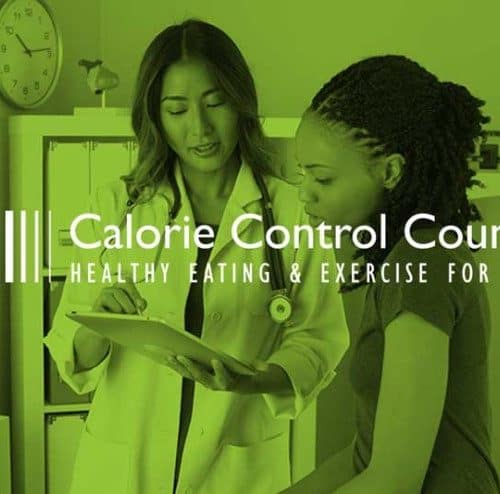An April 3 presentation during the 2017 Endocrine Society Annual Meeting and Expo featured an unpublished study abstract suggesting that low calorie sweeteners (LCS) increase adipogenesis in human fat biopsy-derived mesenchymal stromal cells (MSCs). Additionally, researchers suggest that LCS consumption also results in increased expression of glucose transporters, taste receptors, and adipogenic genes in subcutaneous fat of both normal weight and overweight adults. However, the research suffered from four drawbacks, as noted by the Calorie Control Council.
- Research is preliminary, not peer reviewed or published
The Calorie Control Council cautions against accepting research conclusions based on unpublished data. Critical methodological and statistical information was not available as the research has not been peer reviewed or published. - Doses used in study are not physiologically relevant
In the press release, researchers explained that the amounts of sucralose used in their experiment was “a concentration similar to plasma concentrations found in individuals with a high LCS consumption” and “a supra-physiologic concentration.” However, it is critical to understand that plasma levels of sucralose, and many other compounds, are not similar to levels in human tissue. Therefore, the doses utilized throughout this study have no physiological relevance. - Changes are not meaningful
While researchers describe “small, but reproducible increases” in adipogenic genes, this does not indicate that the cells or tissue have been changed in a meaningful way. - Study is contrary to evidence that sucralose does not accumulate in the body
It is well-established that sucralose is not well absorbed, is minimally metabolized and is excreted primarily unchanged in the feces of humans. It is highly unlikely that habitual consumption of sucralose would result in its accumulation in the body, including in the fat tissue.1
All LCS (including sucralose) that are present in the food supply, as well as in tabletop forms, have been extensively vetted and continuously receive approval by the leading regulatory and governmental agencies around the world, including the U.S. Food and Drug Administration (FDA) and the European Food Safety Authority (EFSA).




